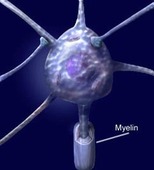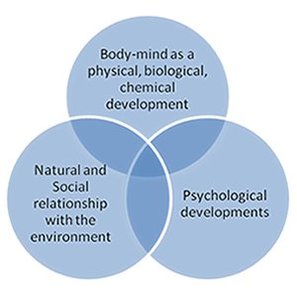Health and prevention

A scientific consensus is emerging that the origins of adult disease are often found among developmental and biological disruptions occurring during the early years of life. These early experiences can affect adult health in 2 ways—either by cumulative damage over time or by the biological embedding of adversities during sensitive developmental periods. In both cases, there can be a lag of many years, even decades, before early adverse experiences are expressed in the form of disease. From both basic research and policy perspectives, confronting the origins of disparities in physical and mental health early in life may produce greater effects than attempting to modify health-related behaviors or improve access to health care in adulthood.


